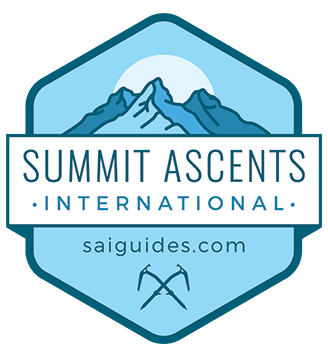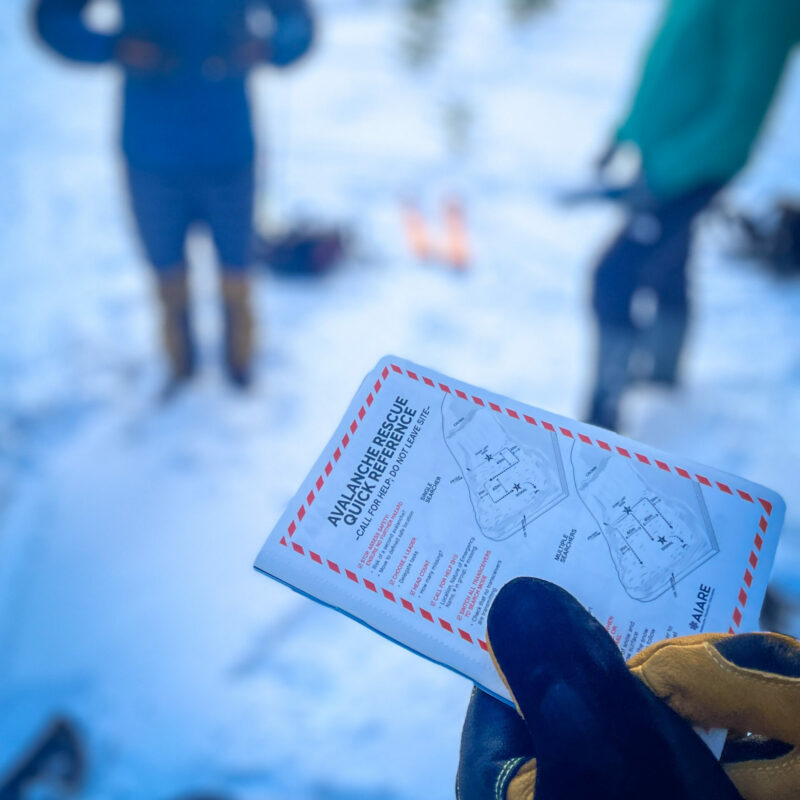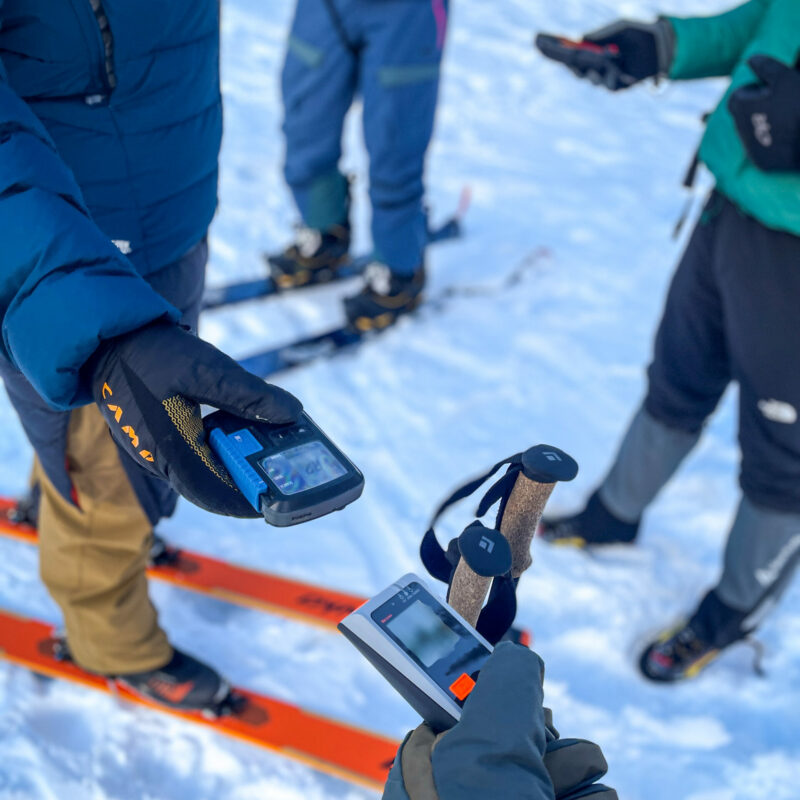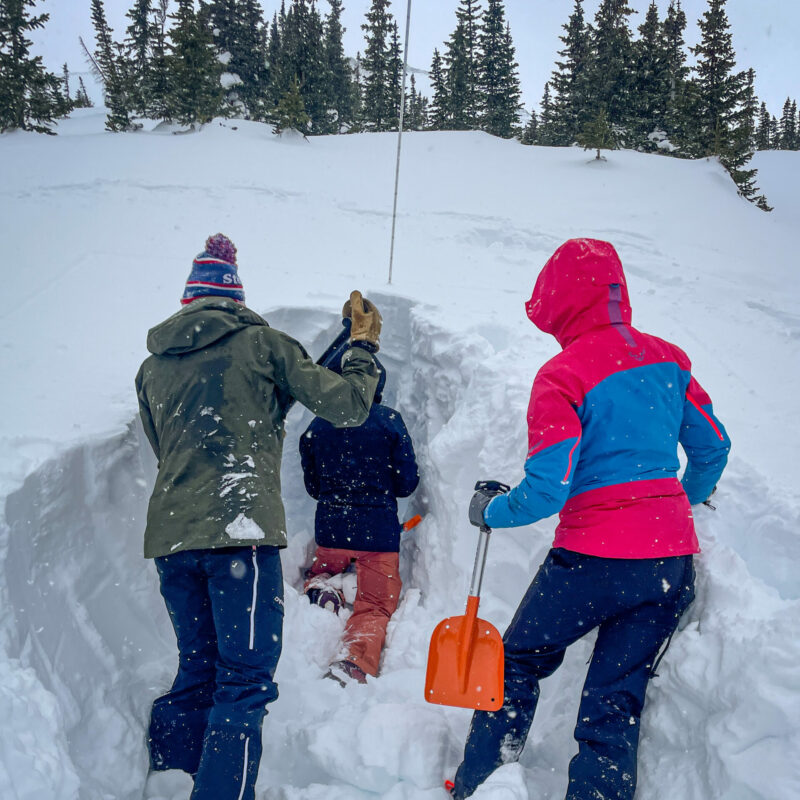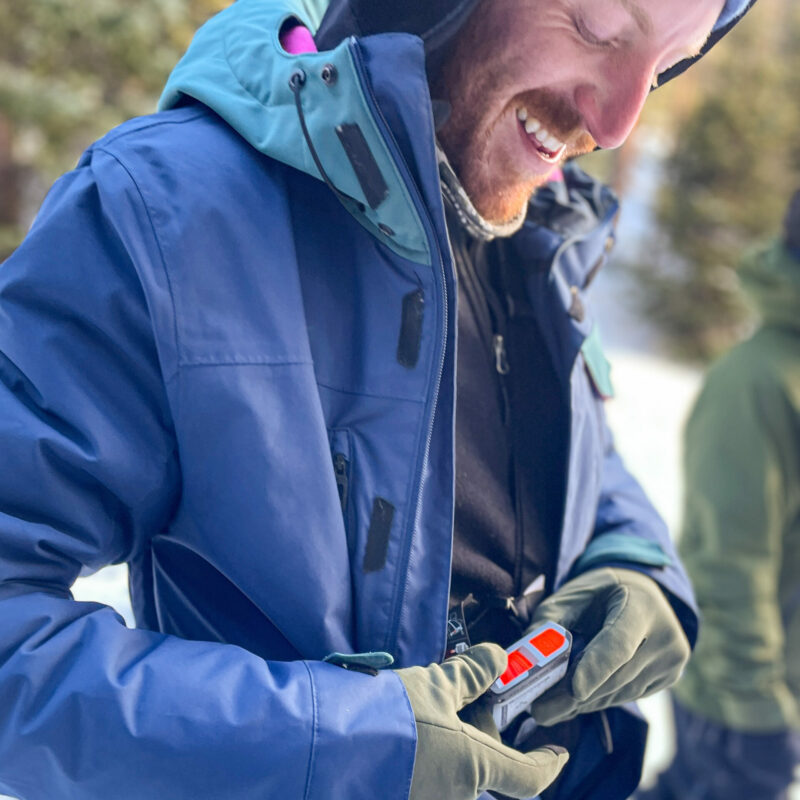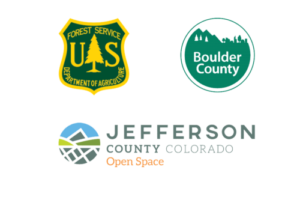Details
Course Description
This one-day (8-hour) course is intended to be retaken on a regular basis in order to keep abreast of best practices in rescue techniques and gear. New participants will learn companion rescue, and returning students will expand their skills with advanced topics and realistic scenario practice.
Why Take Avalanche Rescue with Us?
We take pride in having some of the best instructors in the business. We will go above and beyond the standard curriculum and offer a lifetime of advice.
Who Should Take this Course
This course is appropriate for both new and experienced recreational backcountry travelers, as well as aspiring avalanche professionals. AIARE recommends that all backcountry travelers keep their skills current by taking an Avalanche Rescue course and receiving a rescue card at least every other year.
You should be able to travel off-trail on ungroomed or unmaintained terrain and bring appropriate equipment for traveling on snow, but there are no other prerequisites for this course. AIARE Avalanche Rescue is a prerequisite for the AIARE 2 and Pro 1 courses.
What You’ll Learn
During an Avalanche Rescue course, you’ll spend time in the field learning skills like:
- Knowing what to do if you or a member of your party is caught in an avalanche
- Identifying and using the gear necessary for avalanche rescue
- Participating in realistic scenarios to practice an avalanche rescue response
- Improving your response skills and times during and after the course with feedback from instructors and peers
- Developing a plan for continuing practice
